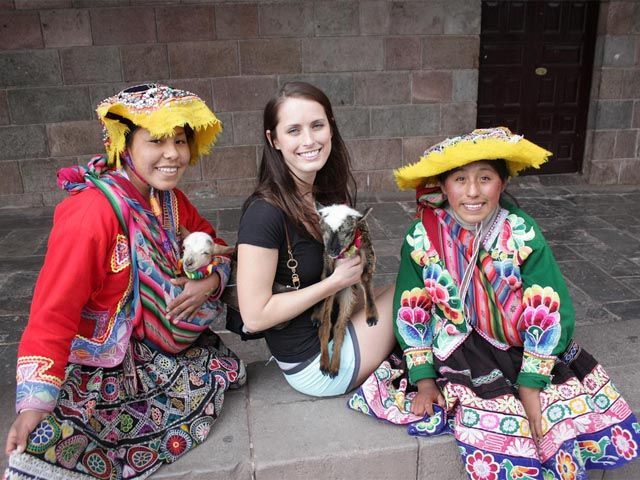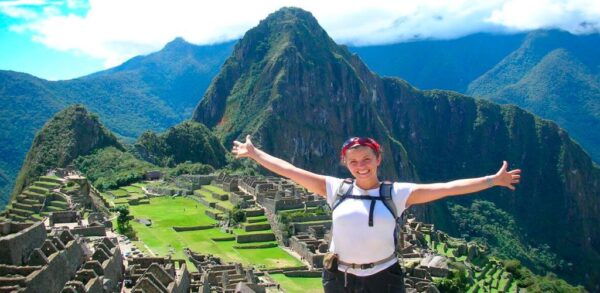On your trip to Machu Picchu in Cusco – Peru, you will realize that the country is dominated by the Spanish language; However, you should keep in mind that Peru is a multilingual country, and home to a multitude of indigenous languages. The complexity of languages can be noted in Article 48 of the Peruvian Constitution, where several languages are officially recognized and officially recognized in the nation. Do you already have your Machu Picchu tickets? Then you should know that most of the names you hear and read in the Machu Picchu National Park are in Quechua; This was the official language in the empire of the Incas; You should also know that Machu Picchu is a Quechua word meaning “old mountain”, and that the mountain on her side is called Huayna Picchu and means “young mountain”

What are the official languages in Peru?
The official languages in the whole Peruvian territory are 3; The Spanish, the Quechua and the Aymara; However, know that in Cusco more than 100 indigenous languages are spoken, and although they are not official languages, they are languages officially recognized.
Spanish
Spanish is the most spoken language in Peru; Approximately 84% of people speak Spanish (also known as Castilian). It is also the language used by the Peruvian government, the education system and the media.
Latin American Spanish varies in pronunciation from one country to another. And like so many things in Peru, these variations correspond to the 3 geographic regions of the nation, Coast, Sierra and Selva; The difference is so marked that after only a few hours in Peru, you can recognize that people are from Lima, or that people belong to the jungle or the mountains, just because of their way of speaking.
The jargons
If you do not understand something, ask. The jargons in Peru are in constant evolution and are common in Machu Picchu in Cusco and in all the cities of the country.
Quechua
Quechua is the most common language after Spanish in Peru and the most spoken native language. About 13% of Peru’s population speaks Quechua, especially in the central and southern highlands. Quechua was the official language in the Inca empire and existed long before the formation of the Inca Civilization; Although the present Quechua, is far from the Quechua of the Incas. During the conquest, they wanted to eliminate Quechua, along with Incan religion and other customs; However, its use and promotion helped to extend the language; Today there are more than 11 million people from different countries in South America who speak this language.
Quechua has many variations and subdivisions, to the point that many “Quechua-speakers” find it difficult to enter into a conversation, with “Quechua-speakers” from regions other than theirs; For example, a Quechua speaker from the north of the country, may have trouble communicating with a Quechua speaker from Cusco or other parts of southern Peru.
Aymara
There are less than 500 thousand people who speak Aymara in Peru, this is about 1.7% of the population; However, it remains the third most spoken language in Peru. At present only “Aymara-speakers” can be found in the south-east of Peru, on the borders with Bolivia and around Lake Titicaca, as in the Uros Islands in Peru. More Aymara speakers can be found in Bolivia, where they are about 2 million.
Other Languages in Peru
The maximum linguistic complexity in Peru, reaches its highest peak while it is between the zones of the mountain range of the Andes and the Amazonian forest. The Peruvian side of the Amazon river basin is home to at least 13 ethno-linguistic groups; Which are divided into more than 100 different native languages. The jungle of Peru, exactly the department of Loreto, has the greatest diversity of native languages.
The rest of the languages spoken in Peru as a whole; Such as Aguaruna, Asháninka, Shipibo, etc. Are spoken by little more than 100 thousand people.

